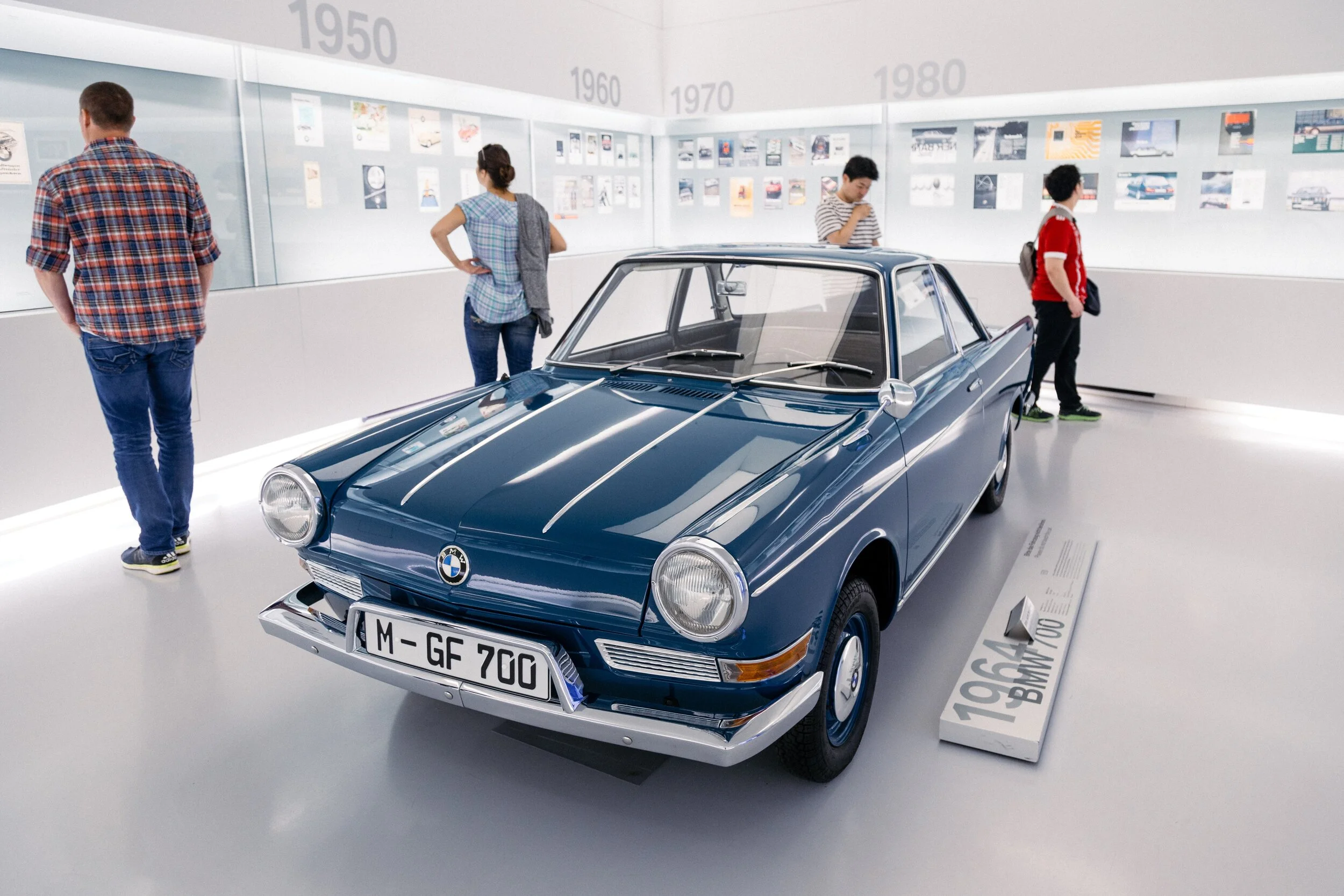When the Last Engine Roars – Rage and Nostalgia Over ICE’s Slow Disappearance
By Edward A. Sanchez – July 14, 2021
Human beings aren’t always rational creatures. Certainly, some cultures, genders, and demographics are stereotypically characterized as being stoic, passionate, matter-of-fact, hot-tempered, or any other matter of adjectives. While there are definitely some characteristics that typically define certain groups, you can find this cross-section of personalities across nearly every culture, country, and creed across the world. This is definitely true in the area of car enthusiasts. Over the last decade, we’ve seen the emergence of “EV enthusiasts” become a real thing.
And I’m not talking about eccentric, wooly-headed academics and researchers with a penchant for the obscure and unusual, although they’re certainly part of the broader community. I’m talking about those who are genuinely passionate and public about their love for EVs. We’ve moved beyond those who only love EVs for their supposed environmental friendliness to those that are fans of their instantaneous, seamless acceleration, ease of ownership (in some cases) and much lower maintenance and fuel costs. Lately, politicians and policy makers have become fans of EVs for much less subjective reasons. And like it or not, these dispassionate promoters of electric mobility are effectively mandating the electrification of transportation.
The enthusiast community has reacted to the rise of EVs with a combination of curiosity and existential rage and dread. Many have taken a militant “out of my cold, dead hands” stand against EVs, and in defense of internal combustion. The auto enthusiast community is a large one globally, and runs the full spectrum of those with an interest in preserving automotive history with concours-correct restorations of Brass-Era antiques and 1960s muscle cars, to late-model performance enthusiasts whose tuning tools of choice are more often than not software programs and laptops.
Those in the business and hobby of internal combustion performance have been outspoken in their defense of traditional engines, and often in the disparagement of EVs. Sometimes their arguments are rational and reasoned, other times they’re ill-informed and purely subjective and emotional.
While there is certainly nostalgic sadness with the end of ICE, EVs are no longer boring “compliance” cars and have already spawned a new generation of auto enthusiasts. (Image courtesy Porsche)
In the OEM realm, after a period of subtle shade-throwing toward EVs by some automakers, a general consensus and acceptance has settled in that the internal combustion engine as we know it today has a realistic 10- to 20-year runway ahead of it. Even brands that built their mystique and image around their internal combustion powertrains, like Ferrari, Porsche, and Lamborghini, are putting significant resources behind electrification, whether in the form of hybrids or pure BEVs.
I don’t say this with a sense of mirth or schadenfreude, but the day will inevitably come when the last internal combustion engine will come off the assembly line. Whether that occasion will be observed with an elaborate ceremony or simply a line in a database file, who knows? Even after that date, the internal combustion engine will be with us for decades or even centuries longer in the form of antiques, much as we still have restored steam engines at county fairs, historic short-line railroads, and museums. In the year 2100, we may see Challenger Hellcats at car shows and gawk at their bold, proudly defiant retro-inspired styling and bellowing supercharged V8 rumble. There may be a day when the sound of a loud exhaust (or any exhaust, for that matter) is met with surprise and curiosity rather than annoyance.
I still own an ICE-powered classic. But unfortunately, it’s not from the brief heyday of American muscle of the mid 1960s to early ‘70s. It’s from the era where engines were choked with smog-abating equipment and controls that effectively halved horsepower overnight in the name of clean air. I have no particular nostalgia or fondness for the smog-choked 110-hp, 3.8-liter V6 in my Buick wagon. I would have zero regrets about replacing it with a more modern performance ICE powerplant, or an electric motor, for that matter.
The author’s personal “classic” is an early 1980s Buick wagon, which shares his driveway with a Tesla Model 3. Yet his nostalgia for the Buick lies in the body, not the drivetrain.
As I’ve shared before, I will miss the days when V8 rumbles, four-cylinder blats, and six-cylinder growls are actually heard in person rather than through YouTube videos of decades past, and synthesized electronic reproductions. But much like the turn of the 20th century, where internal combustion replaced horses and buggies, and literal tons of manure in the streets, we’ve reached a point where the collective effect of more than a billion internal-combustion engines over the course of a century have indisputably impacted public health and the environment.
I’m not so naïve to think that EVs don’t bring their own challenges in terms of total lifecycle management, sustainability, recycling and reclamation, and ethical sourcing of raw materials. But with today’s technology, awareness, and consciousness, these are issues that are being addressed proactively, rather than being conveniently swept under the rug for future generations to deal with. Let’s enjoy and appreciate internal combustion’s long and transformative historic run, but also accept the time has come for it to be part of history.
(Main image by Alex Suprun)
- Podcast - Facebook - Google News - Twitter -









